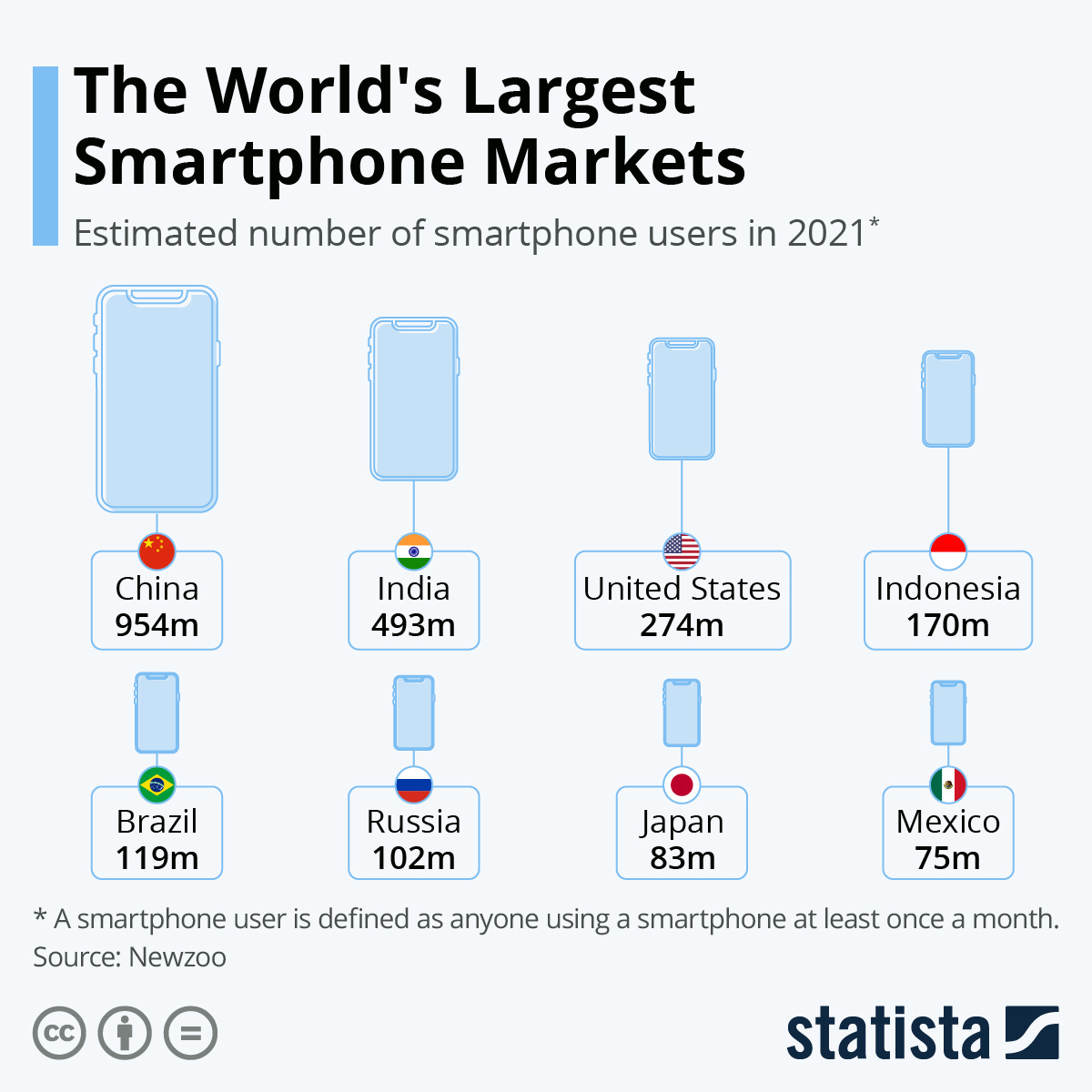😲 India To Soon Become the World’s Factory?
China has long dominated the global supply chain. But a move by the world's most famous smartphone maker could change the game.
Most of the products that we use every day, come with a “Made in China” label.
That’s because some of the world’s biggest companies have set up their factories in the country.
Now one of these companies, Apple, is thinking of slowly exiting the country and shifting base to India.
But why did these companies choose China in the first place? And what’s attracting them to India?
ReadOn!
🤨 Why is China the World’s Factory?
Over the last few years, and in our last few articles, you may have noticed a trend.
China is ahead of us in almost every aspect.
And it is not just us that are lagging behind.
China is ahead of most countries in the world and giving tough competition even to the US in many aspects, all thanks to its immense focus on innovation and tech in the past few years.
The country created optimum conditions, giving cheap land and power to businesses, to help them flourish.
And those bets have now paid off.
It has managed to create a strong business ecosystem where product component makers, assembly suppliers and raw materials are all easily available in one place.
Plus, as the world’s most populated country it has no dearth of cheap labour.
For instance, the average pay in China is ~ $3.16/ hour, as compared to $7.25 in the US.
Also, the country doesn’t really have pesky labour or environmental laws.
Although this attitude doesn't seem sustainable, it is the perfect recipe for setting up a factory for cheap.
So, the world’s biggest profit makers flocked there to further boost their profits.
Then why leave the country?
Just because of a few temporary lockdowns?
Well, for starters, these aren’t just any normal lockdowns.
They are costing the country $46 billion a month!
$28 billion has just been lost in trade, impacting companies like Apple.
Plus, these lockdowns go against Apple’s supply chain model.
The company treats its inventory like dairy: the fresher the better.
It doesn’t keep huge stocks as they lose 1%-2% of their value each week.
Their model stops working if the flow of inventory stops.
And Apple cannot afford shortages.
Moving out of the country seems like a good option especially as no one knows how long China will keep imposing its zero Covid policy.
Moreover, China’s ongoing trade war with the US (which began as the US wanted to reduce imports from China and increase exports) has also made working in China a politically tense situation.
The country’s mistreatment of Uighur Muslims, a minority group which has supposedly been forced into concentration camps by the government, also makes working in China a PR nightmare for companies.
To top it all off, China has imposed strict data privatisation rules, which require most data to be stored in the country. And its cheap labour is also getting more expensive.
This has also put off many companies and they’re looking for new countries to set up base in.
And China's loss is India's gain.
🏭 India the World’s Next Factory?
We provide some of the same benefits as China.
Cheap labour, less compliance and a great customer base.
And for companies like Apple, we even have a special deal.
To boost the production of smartphones in India, the government had launched a production linked incentive scheme worth Rs. 40,951 crores.
Under the scheme, companies will get a cashback of 4%-6% of the money they invest in India each year.
That is why major iPhone manufacturers like Foxconn have now set up base in India.
This is expected to increase the number of iPhones produced in India by almost 5%.
And for Apple, there is another added benefit to shifting here.
Even though India is the second-largest smartphone market in the world, we account for only 1.5% of global iPhone sales.
Why?
Because the 22.5% import duty charged on these phones put them out of our budget.
However, if cheaper Made in India iPhones are available, more people may buy them.
So, a win-win situation right?
And Apple’s move may also convince other big companies to shift base here, giving a major boost to our employment rate and our economy.
However, our perpetual power shortage issues and our own upcoming data privatisation rules may become a roadblock to our dream to become the world’s factory.
⚡ In a line: China has so far enjoyed the title of being the world’s factory but this may soon change thanks to Apple.
💡 Quick question: How will this massive industrialisation impact our goals to go carbon neutral by 2070?
Share this with your friends via WhatsApp or Twitter and help them declutter news from noise! See you tomorrow :)
You can also listen to our stories. Catch it on Spotify, Apple Podcast, Amazon Music, Google Podcasts, Gaana or Jio Saavn.
If you are coming here for the very first time: Don’t forget to join us on WhatsApp to get daily updates! 👇

